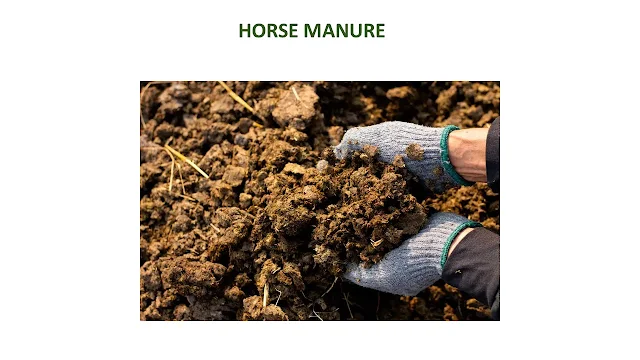8 ways to fix nitrogen deficiency in the garden
You may notice that some of your garden plants are a little unhealthy and inactive. This may be the first sign of nitrogen deficiency, which all interested gardeners should be aware of.
All plants need nitrogen for healthy growth and reproduction. Plants also use nitrogen for photosynthesis. Once you get a handle on the nitrogen needs of our plants, it makes it easy to add what you need for healthy growth. Native plants often do not struggle with nitrogen deficiency, such as vegetable garden plants.
It is caused by chlorosis and usually starts at the base of the plants, causing the plants to weaken and rotate.
Detection of nitrogen burning
Just as it is important to know what nitrogen deficiency is in plants, it is just as important to detect nitrogen burning; Effect of excess nitrogen.
When plants take in too much nitrogen they will look shrunken or burnt or brittle.
Test your soil
1. Add some grass clippings
Do not throw away those grass clippings, use them to increase the nitrogen and potassium in your garden. Not only are grass cuttings free, but when placed in thin layers around the base of the plants, they help speed up composting.
2. Coffee for anyone?
Compost the coffee grounds by mixing equal parts, leaves, and grass clippings. Repeat weekly until mixture is very fine.
Fill the soil around the plants with this mixture and water well.
If you use unripe coffee grounds, do not forget to make them work well in the soil as they will steal moisture from the plants.
3. Leaf mulch
Covering your garden bed with leaf mulch can improve the nutrient content of your garden soil and increase nitrogen.
When the growing season is over, place the fallen three-inch leaves in your garden bed and water well.
4. Plant legumes
Planting both peas and beans will add much-needed nitrogen to the lost plants. Legumes take nitrogen from the air and convert it into nutrients needed by plants.
Beans and peas work well as ancillary plants with asparagus and corn.
5. Weeds
Even if you think adding weeds to your garden is counterproductive, they can actually be beneficial if you throw them in the compost first.
Weeds including nettles and burdock help speed up composting and are an excellent source of nitrogen for finished fertilizer that can be added to your garden.
The best weeds are not yet flowering.
Pull them out of the yard and garden and dry them in the sun for a day or two and throw them in the compost.
6. Human urine
Although this may seem a bit disgusting, human urine from a healthy, virus-free body is good for plants.
Nitrogen, potassium, and phosphorus in urine are higher than store-bought fertilizer.
Use one cup of urine to eight cups of water to fertilize the plants and replenish the nitrogen.
7 Animal manure
Livestock manure is an excellent addition to your garden and can help fix nitrogen when processed and used properly.
Animal manure must be composted before use or it will burn the plants and defeat all its benefits.
Here are some tips to keep in mind when using animal manure in your garden.
7. Cow manure
This manure is very low in nitrogen from animal manure. However, it can be useful as complete garden fertilizer and will help to add balance to any garden soil.
8. Horse dung
Manure from horses is considered "hot" or very rich in nitrogen. This compost is even physically hot to the touch.
Use well-rotted horse manure on nitrogen-hungry plants such as corn, potatoes, garlic, and lettuce.
Do not use horse manure or peppers, tomatoes, and flowers.
The best way to use horse manure to improve the nitrogen available to plants is to mix it with your manure and add it well to the soil.


















0 Comments